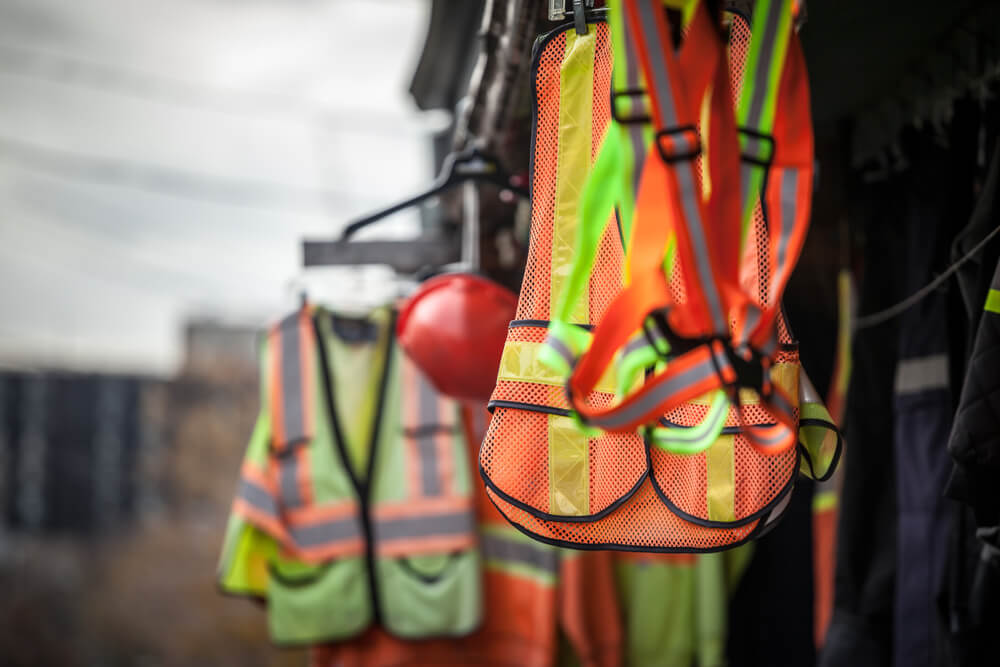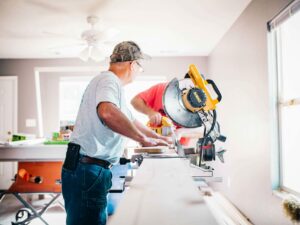
What is the importance of PPE?
PPE can be the difference between life and death, and help employers ensure their workforce can perform their duties regardless of the hazards they encounter. But what is the importance of PPE? Let’s take a closer look.
What is PPE?
A good first step is better understanding what PPE is. Personal protection equipment, or PPE for short, is the gear used to ensure the safety of its wearer when facing a hazard. These hazards could include chemical, radiological, physical, electrical, mechanical, or any other type of workplace risk. Occupational hygiene is the body of work committed to anticipating, recognising, evaluating and controlling these risks so as to protect against injury, illness, impairment or the overall well-being of both the workers and the surrounding community.
PPE often range in levels of protectiveness – as full protective gear is often costly when lower levels of protection would be sufficient to protect against the specific hazard. This equipment comes in all shapes and forms, engineered to protect against specific risks. Some are commonplace, like earplugs and gloves, while others are only found in specific circumstances, like coveralls or full-body suits.
Because PPE plays such a significant role in mitigating risk in a workplace environment, it’s important that staff are trained on when to use the gear, what kind is necessary for which circumstances, how to properly put it on, adjust, work in and take off their gear, what limitations their equipment has, and how to care for, maintain and dispose of the equipment as it comes to the end of its useful life.
Why fit is important
Some PPE is made to fit everyone – such as earplugs, which mould into the shape of the wearer’s ear when inserted. Other equipment, however, requires fitting to ensure it offers maximum efficacy. Respirators are a good example of this. Our heads are very distinct in its shape and measurements, meaning manufacturing a one-size-fits-all that offers high levels of protection would be impossible. Instead, it’s important to run respirator fit tests to ensure there are no leaks. These tests don’t only consider whether the respirator fits well but evaluates potential factors which may influence fit on the job, to ensure its wearer’s safety throughout their shift.
A partner to navigate PPE programmes
Regulations frequently change, meaning conforming to the latest workplace safety laws can be a challenge in amongst the operational dynamics that organisations face as well. When compliance and employee safety is at stake, the simple solution is to partner with an expert, like Apex Environmental.
We aim to make a difference by protecting and improving people’s quality of life, while developing a reputation for transforming the environmental and occupational service industries in Africa. We recognise the benefits of strong partnerships – being available to assist our clients wherever possible by providing accurate data, comprehensive yet succinct reports and superior service.
Our offerings include occupational hygiene, environmental monitoring, stack testing, and asbestos monitoring – as well as respirator fit tests, of course. This means we’re so much more than just a PPE supplier – we’re an occupational hygiene partner – be sure to get in touch and let’s discuss how we can assist.
Apex Environmental is SANAS 17020 Accredited and a Department of Employment and Labour Approved Inspection Authority.








